
For many travelers, flying business class represents the pinnacle of air travel comfort, offering spacious seats that convert into beds, gourmet meals, priority boarding, and attentive service. However, the high price tag often puts these luxuries out of reach for most. Business-class tickets can easily exceed $3,000, making them a significant investment for any traveler.

Fortunately, savvy travelers have developed numerous strategies to access business-class travel without paying the full fare. With the right knowledge and planning, you can enjoy the perks of premium flying while keeping your budget intact. From leveraging credit card points to utilizing bidding systems and exploring boutique airlines, there are various approaches to help you secure a business-class seat at a fraction of the cost.
.jpg)
In this guide, we’ll explore effective strategies, insider tips, and additional resources that can transform your travel experience, making luxury air travel not just a rare treat but a more frequent reality. Whether you're a seasoned traveler or planning your first trip, these hacks will empower you to fly in comfort without breaking the bank.
1. Bid for Upgrades
Many airlines now offer bidding systems that allow economy passengers to attempt to secure discounted business-class seats. Major airlines such as Air Canada, Lufthansa, Qantas, Virgin Atlantic, and LATAM collaborate with travel tech company Plusgrade to facilitate these auctions. The bidding process is straightforward: travelers visit the airline’s bidding page, enter their booking confirmation, and submit a bid, usually starting around $300.
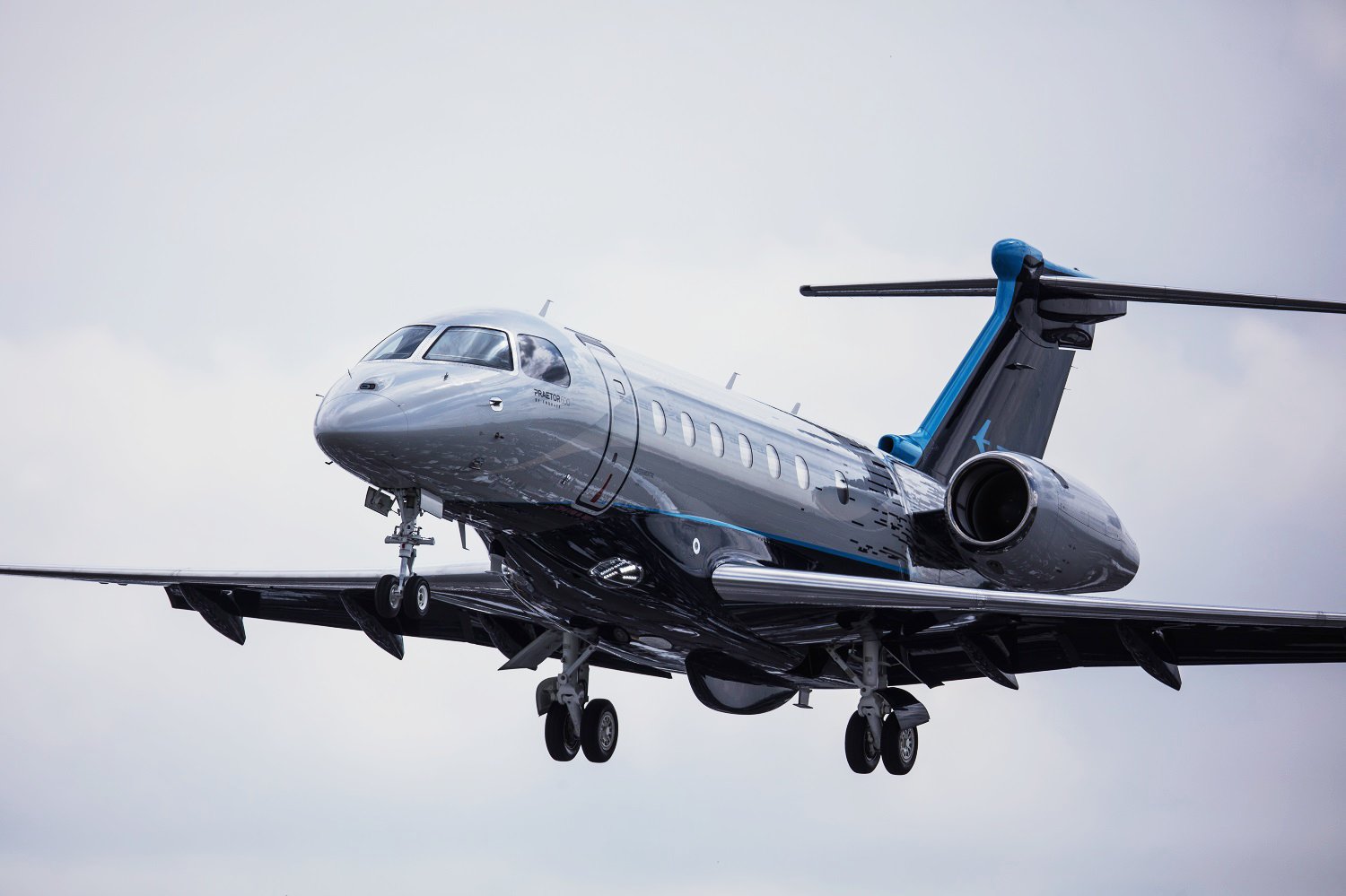
Keep in mind that successful bids often depend on factors like route demand and time of year. Bidding closer to the departure date may increase acceptance chances, especially for underbooked flights. Additionally, consider the potential for last-minute upgrades at the airport, where agents may offer discounted upgrades for available seats.
2. Maximize Credit Card Points and Airline Miles
Leveraging credit card points and airline miles is one of the most effective ways to access premium travel. Many travel rewards credit cards offer substantial sign-up bonuses and ongoing points for everyday purchases. Experts from Going have noted that business-class flights to Spain can be booked for as few as 54,000 points round-trip, compared to the usual cash price of over $3,000.

To maximize value, consider transferring points between credit card programs and airline loyalty programs, as some offer better redemption rates. Additionally, keeping an eye on promotions can significantly boost your point balance. Some cards also offer additional points for travel-related expenses, enhancing your ability to book business-class travel.
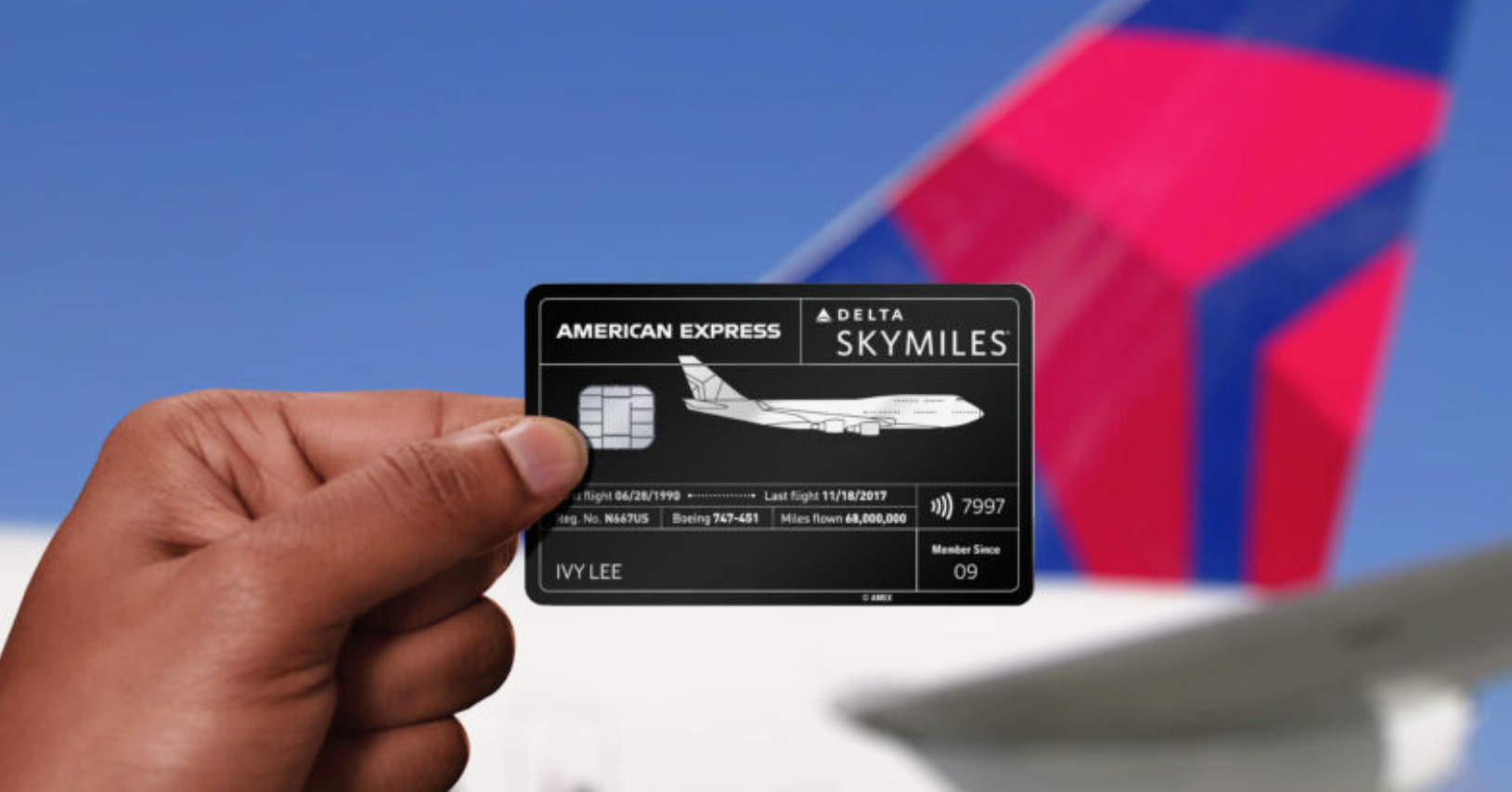
3. Frequent Flyer Programs
Joining an airline's loyalty program can lead to complimentary upgrades based on status. For example, Angel Trinh, a travel expert, shared how her American Airlines Platinum Pro status earned her an upgrade on a flight from Miami to the Bahamas. Earning elite status requires enrolling in a loyalty program and accumulating miles through various means, including credit card spending and hotel stays.

Many airlines now have increased thresholds for elite status, making it more challenging to achieve. However, some airlines offer "soft landing" programs that allow members to maintain their status even if they fall short of the usual requirements. Additionally, consider using co-branded credit cards that offer benefits such as bonus miles for each dollar spent on the airline.
4. Explore “Business-Lite” Options
For those seeking enhanced comfort without the full business-class fare, several airlines offer intermediate cabin options known as "business-lite." These services provide significant upgrades over economy without the high costs. Icelandair's Saga Class and Norse Atlantic's Premium offer wider seats and more legroom, providing a first-class experience on domestic flights.

Airlines like Air France and British Airways have introduced products like Premium Economy, which offers larger seats and enhanced dining options at a more accessible price point. Researching airlines’ offerings on specific routes can help identify the best "business-lite" options available.
5. Utilize Repositioning Flights
Creative routing can help reduce business-class costs significantly. By traveling through larger hub airports where competition is greater, travelers can find lower fares. For example, a business-class flight from Pittsburgh to London might cost around $3,600, but adding a connecting flight from Pittsburgh to Washington, D.C., could save over $1,000.
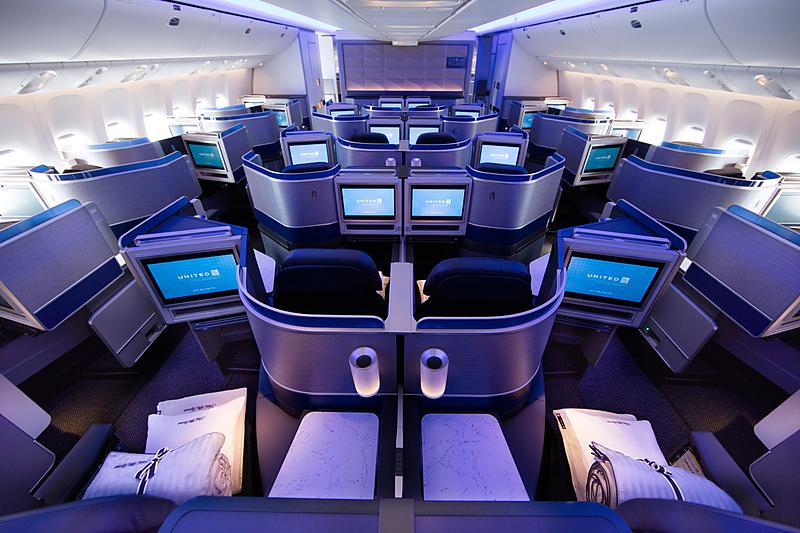
Using flight search engines that allow for multi-city searches can streamline this process. Look for itineraries that include layovers in major hubs, as they often offer better pricing and availability. Additionally, consider using flexible date searches to find the best fares.
6. Volunteer for Flight Changes
When flights are overbooked, airlines often seek volunteers to take later flights, which can lead to upgrade opportunities. Gate agents prefer volunteers and may offer incentives such as travel vouchers, cash, or even premium seats on later flights.
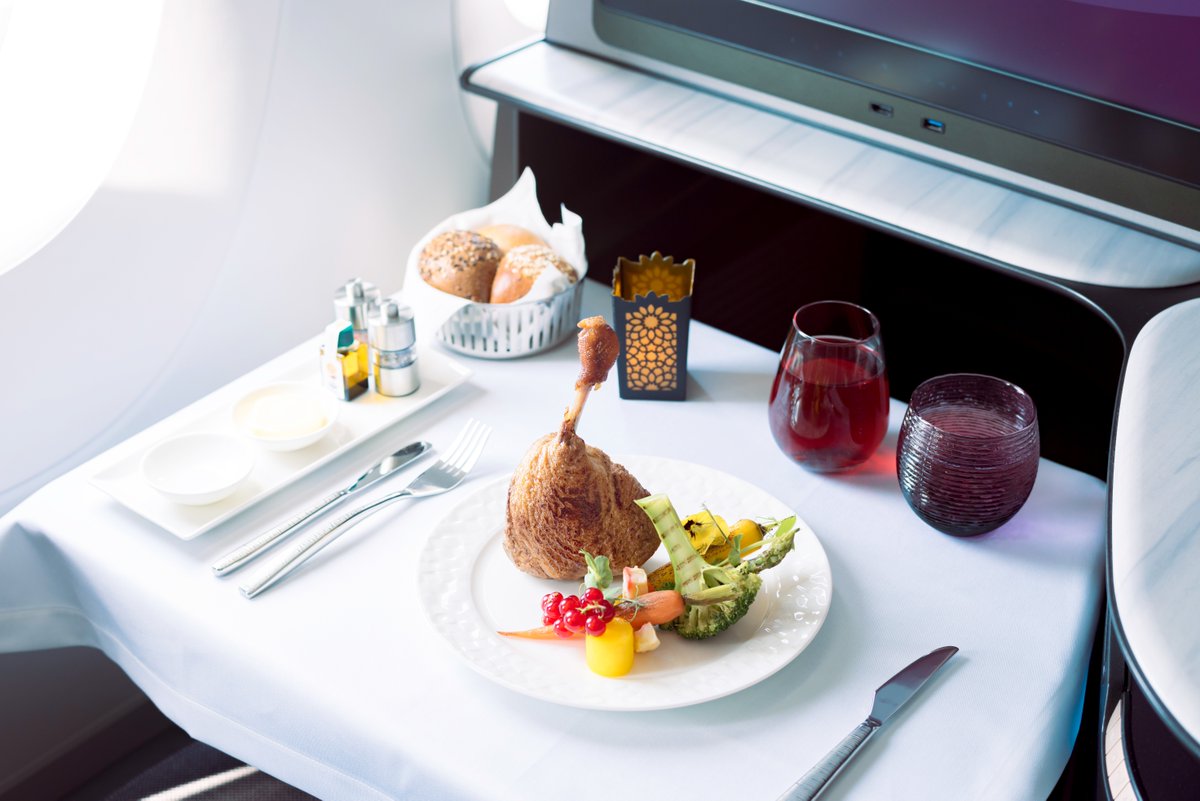
To leverage this strategy, check for business-class availability on subsequent flights and politely inquire about upgrade options if volunteering. Being flexible with travel plans can enhance your chances of benefiting from this method, as it allows you to adjust your itinerary to take advantage of available upgrades.
7. Track Deals with Premium Services
Specialized deal-tracking services can help monitor business-class fare reductions. Going offers an Elite membership that alerts users to premium cabin sales from various airports, while Ashley Gets Around focuses on “mistake fares” that can provide exceptional value. Recent alerts have included deals such as Boston to the Netherlands for $1,999 and Los Angeles to Tokyo for $1,809 round-trip in business class.
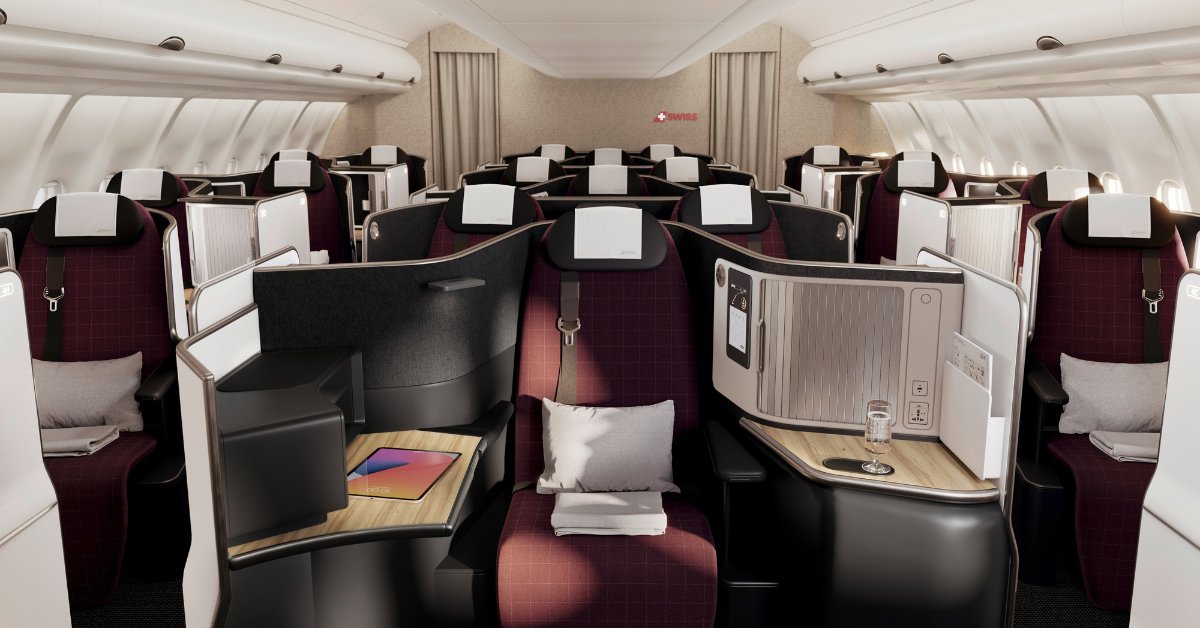
Signing up for newsletters from travel websites and forums can keep you informed about flash sales and limited-time offers. Joining social media groups dedicated to travel deals can also provide real-time updates and tips from fellow travelers.
8. Consider Boutique Airlines
A growing number of boutique airlines focus exclusively on business-class service at more affordable prices. French airline La Compagnie operates transatlantic routes with business-class-only aircraft at about half the cost of larger carriers. Similarly, Beond, a Maldivian airline, offers competitive pricing for its exclusive business-class service.
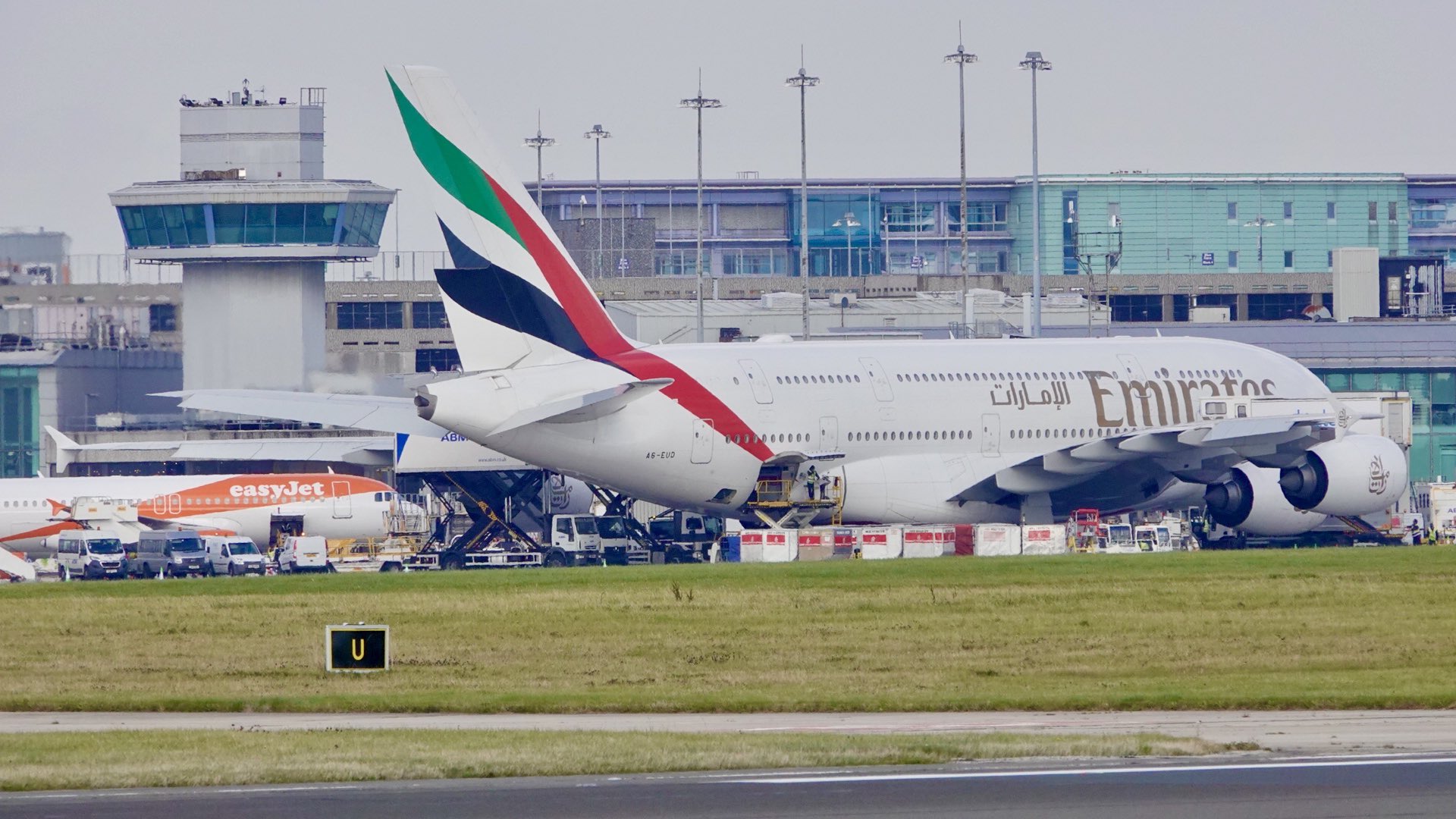
These specialized carriers may operate limited route networks but provide substantial value on the corridors they serve, allowing travelers to enjoy premium services without the premium price. Moreover, boutique airlines often emphasize personalized service and a unique travel experience.
Additional Tips
- Check Airline Websites Regularly: Airlines frequently run promotions that may not be widely advertised. Regularly checking their websites can lead to finding special deals.
- Use Flight Alerts: Set up flight alerts on aggregator websites to be notified immediately when prices drop for your preferred routes.
- Be Flexible with Travel Dates: Traveling during off-peak seasons or mid-week can result in significant savings on business-class fares.
- Join Loyalty Programs Early: Even if you don’t fly often, joining airline loyalty programs can earn you points for occasional travel and help you stay informed about promotions.
- Consider Package Deals: Sometimes, booking flights as part of a vacation package that includes hotels or rental cars can lead to discounts on business-class fares.
Bottom Line
While business-class travel can be costly, these strategies can significantly reduce expenses. By utilizing points and miles, exploring specialized airlines, and planning strategically, travelers can enjoy the luxury of business-class travel more regularly.
With flexibility and patience, the dream of flying in comfort can become a reality without breaking the bank. Stay connected for more travel insights and updates, and follow us on social media for the latest tips and deals!


.jpg)
.jpg)
.jpg)
.jpg)


.jpg)
.jpg)

.jpg)
.jpg)




.jpg)
 (1).jpg)
.jpg)
.jpg)
.jpg)




.png)
.jpg)
.jpg)






.jpg)
.jpg)
.jpg)





.jpg)


.jpg)

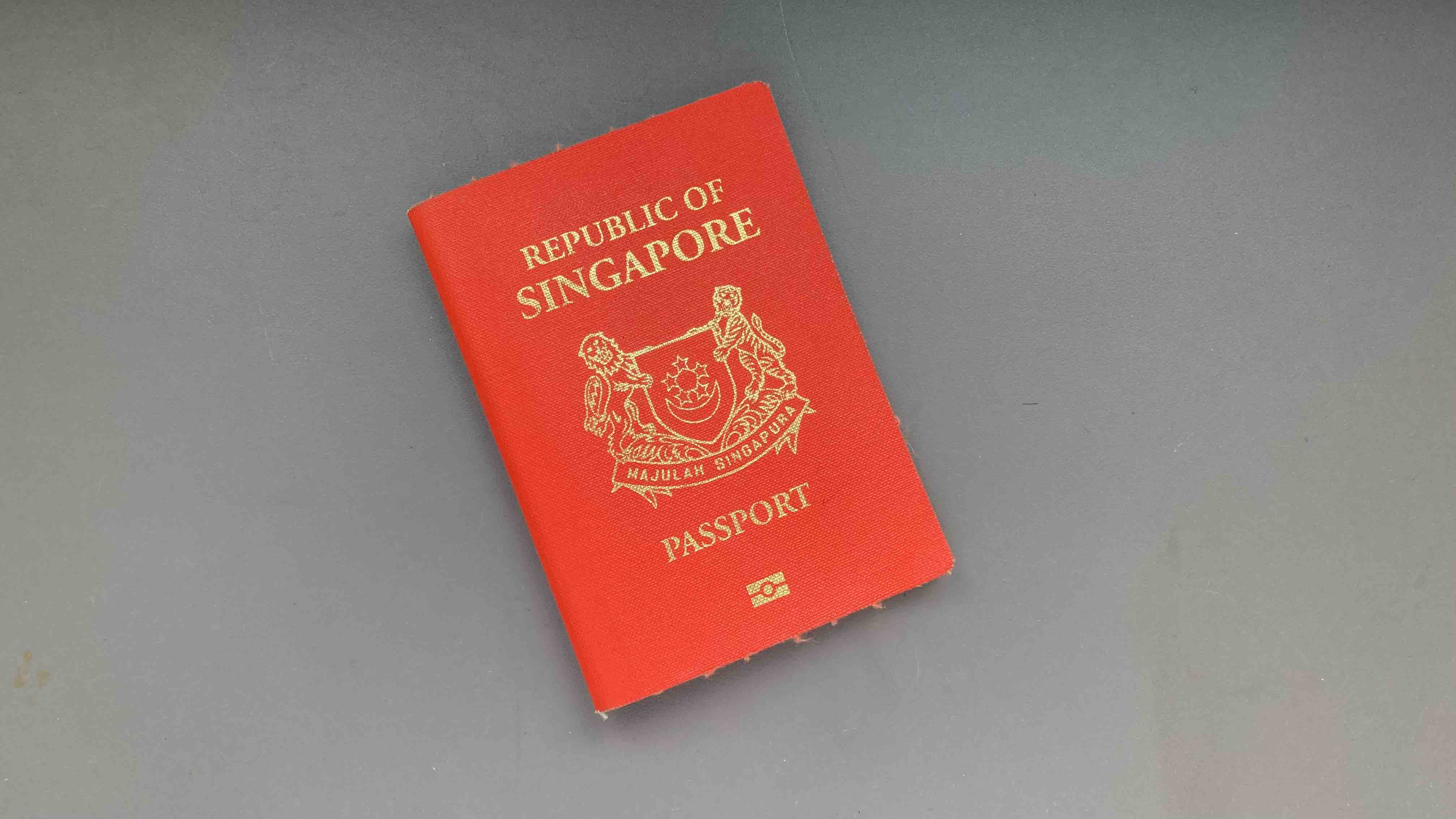
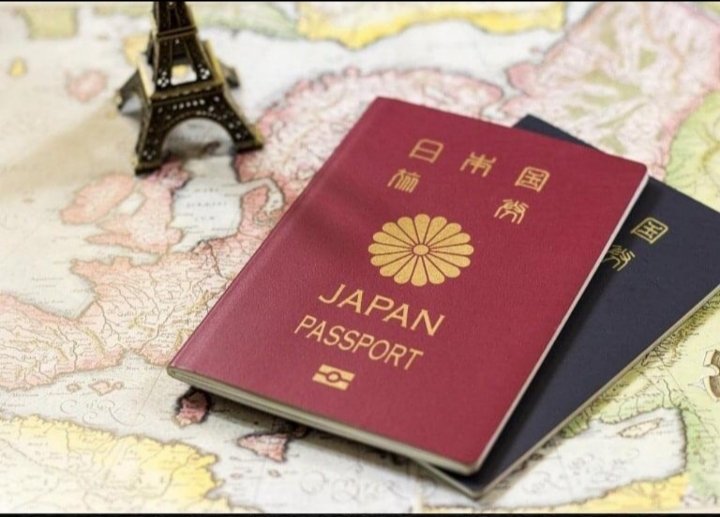
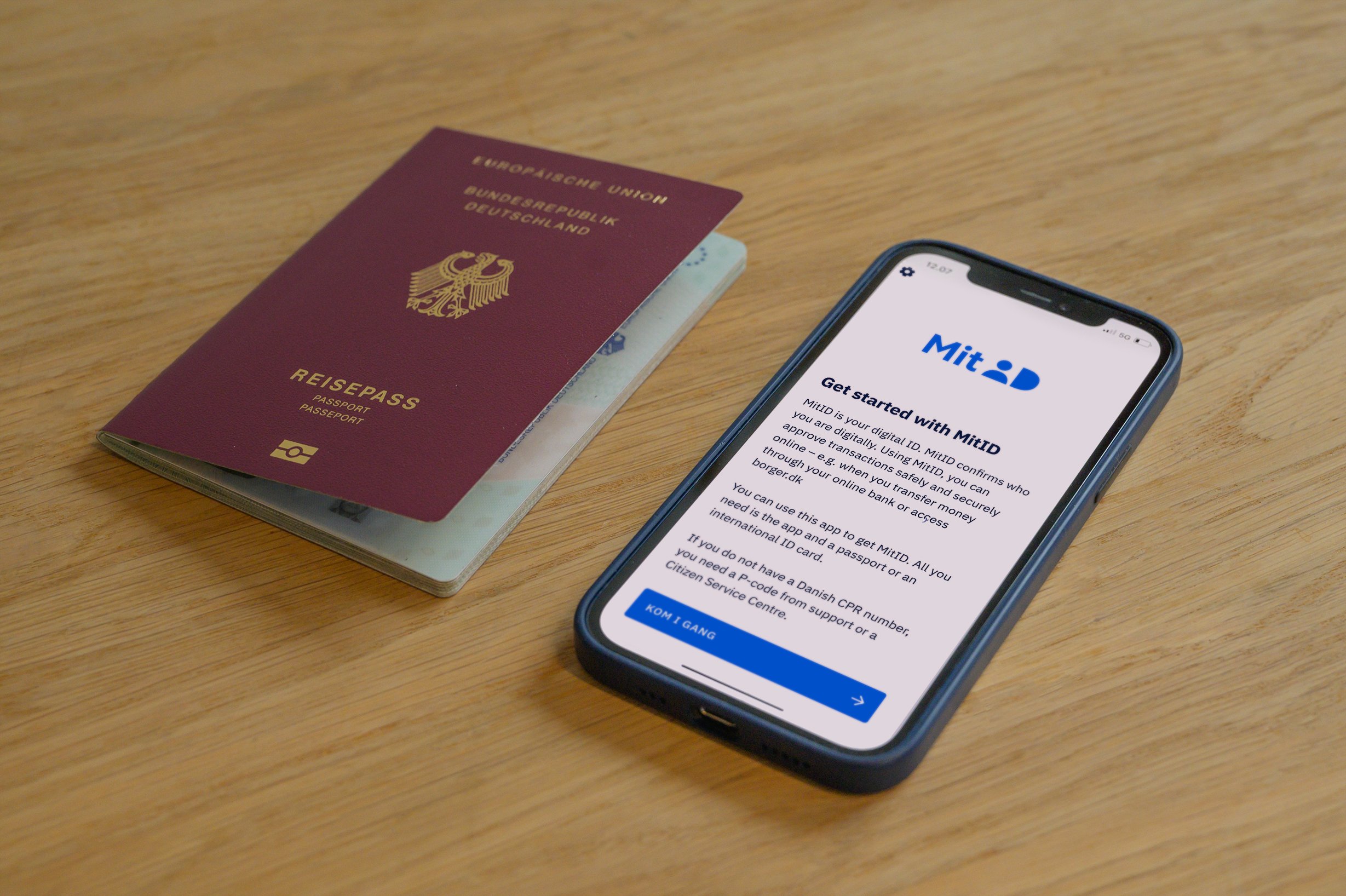
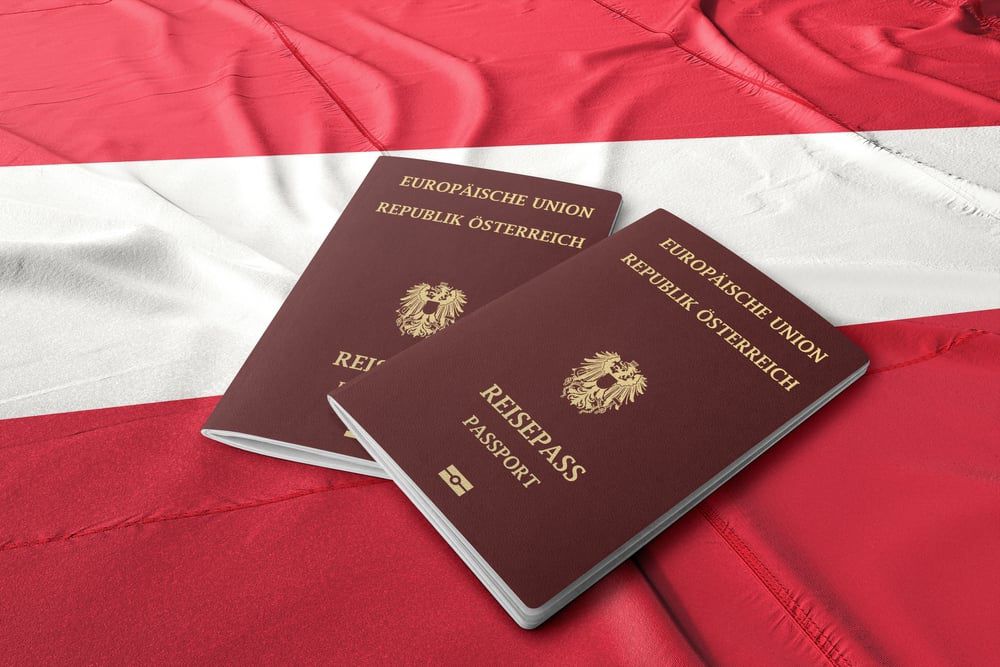
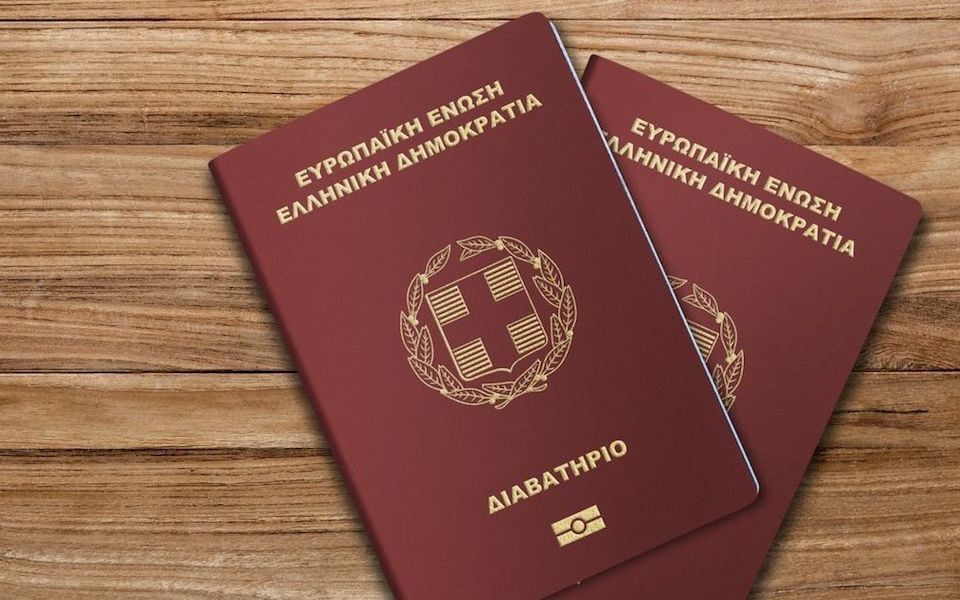
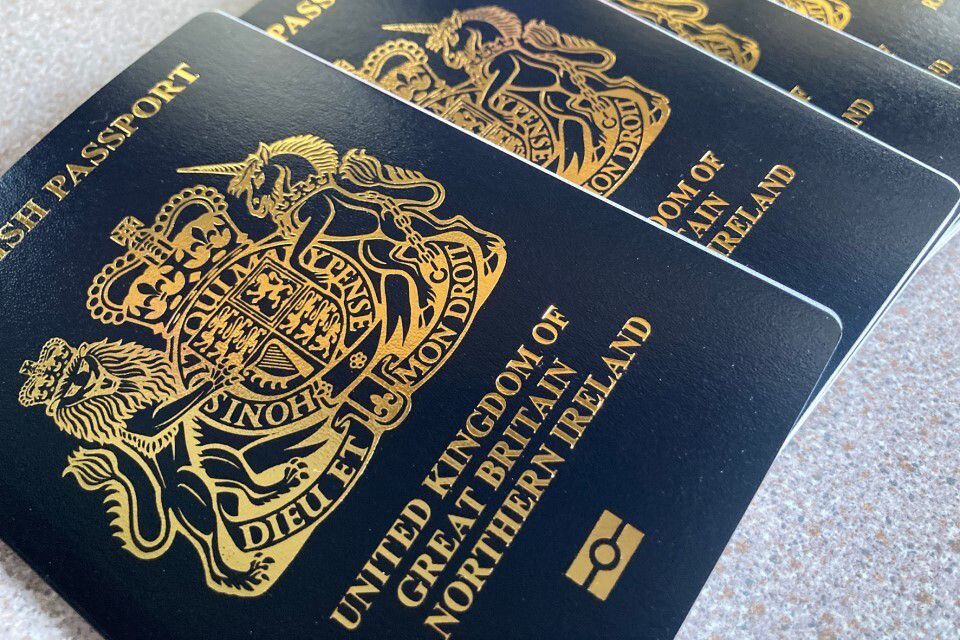
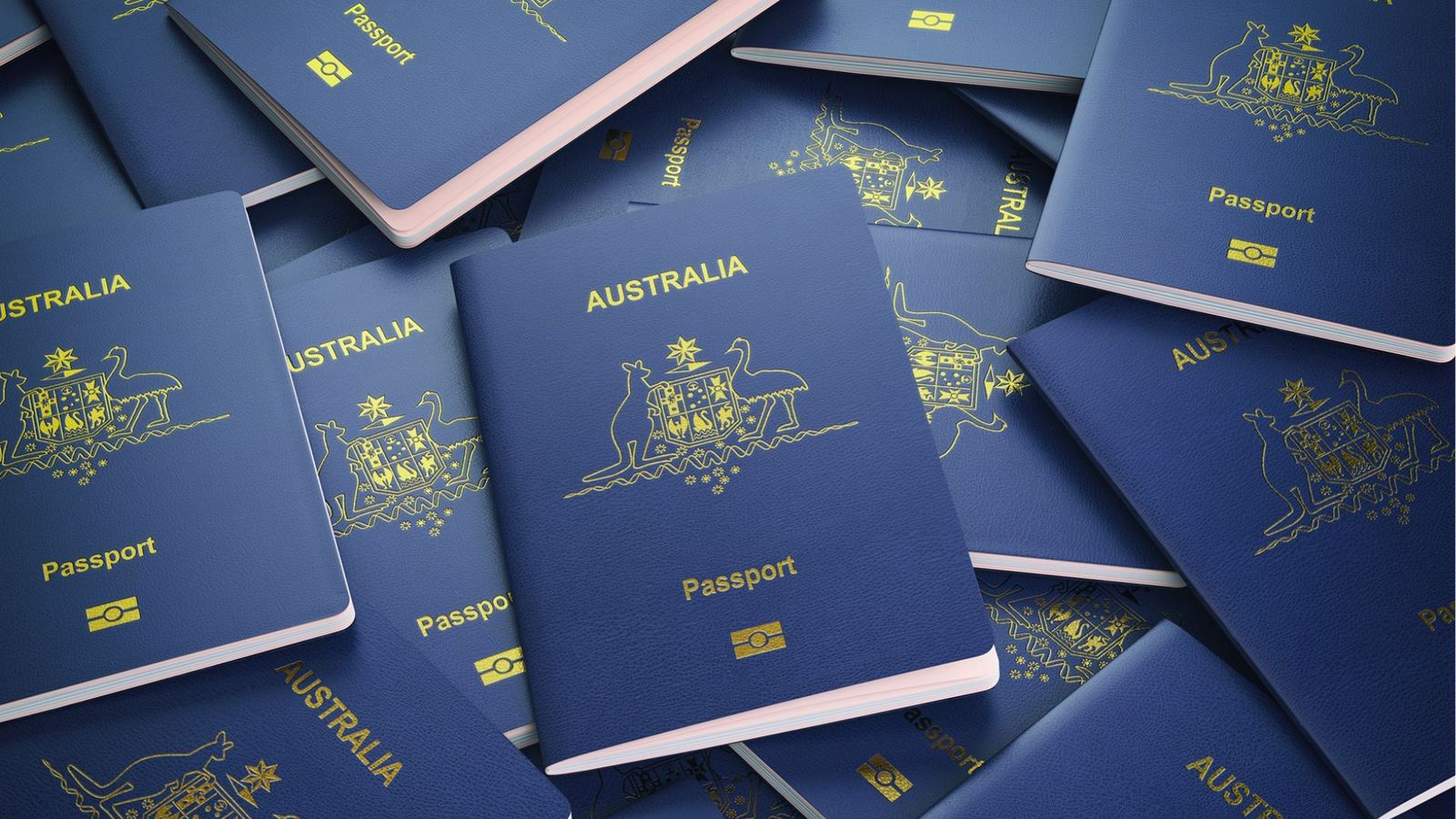
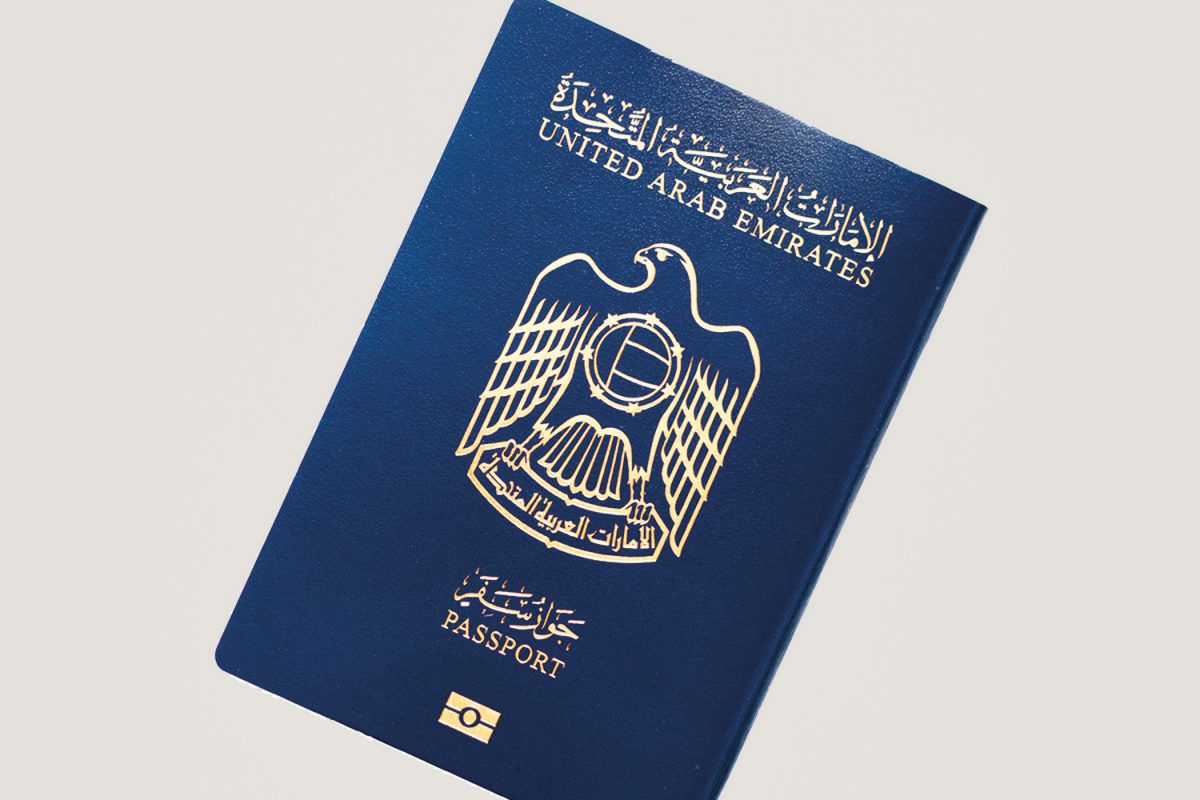
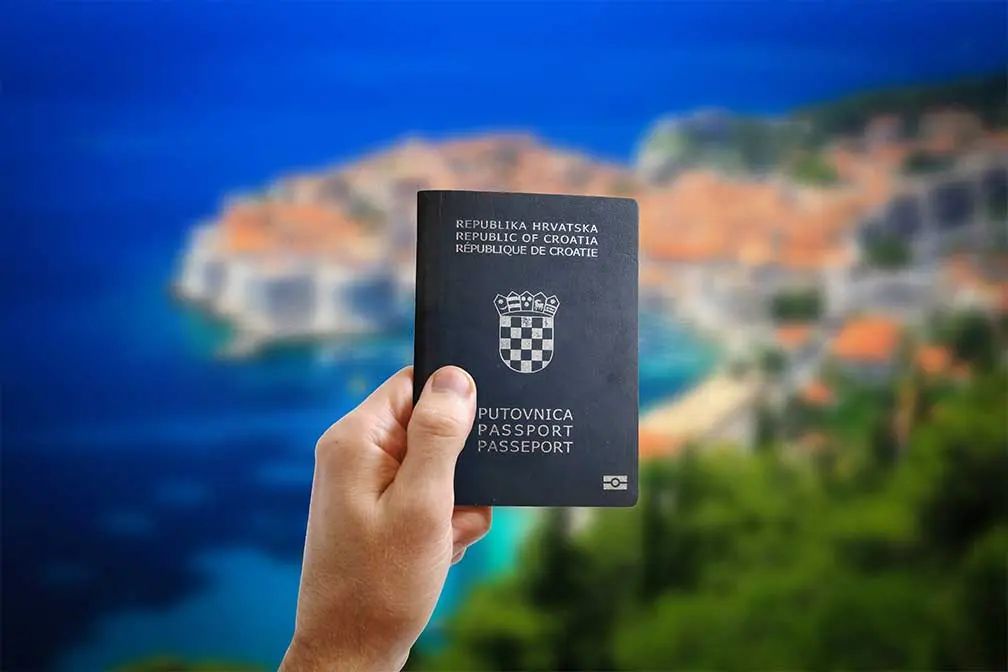





.jpg)
.jpg)
.jpg)
